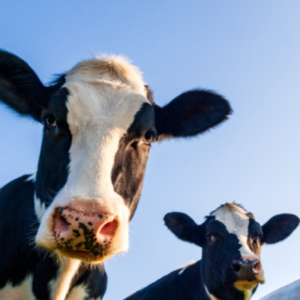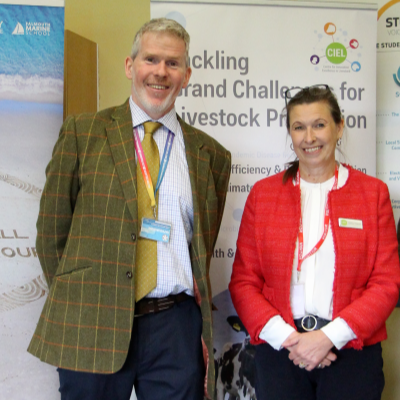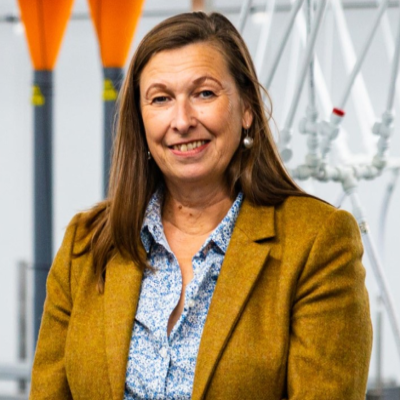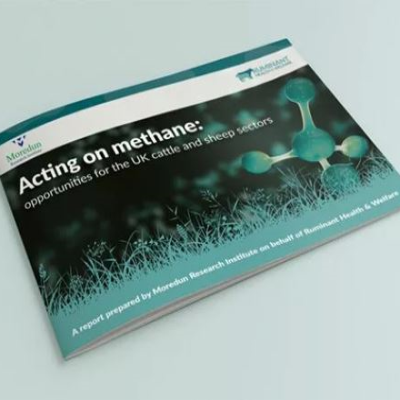CIEL | News: Tackling the ‘Moothane’ problem – cutting greenhouse gas from livestock
A new collaboration between scientists, engineers, industry and farming experts hopes to demonstrate how clever technology can reduce the powerful greenhouse gases released by livestock to help agriculture reach carbon emissions targets.
Methane is about 30 times as effective as carbon dioxide in trapping heat over a 100-year timescale. The methane released by animals such as cows accounts for about 50 per cent of agricultural greenhouse gas emissions and represents a major barrier for the farming sector to meet net zero targets.
The new project, a collaboration between Durham University, the University of Nottingham, sustainable technologies leader Johnson Matthey, and NFU Energy, will test the feasibility of catalytic equipment to safely decompose methane in barn air, where it is most concentrated and preventing it from being released into the wider atmosphere.
The £250,000 project, partly funded by UKRI’s Farming Innovation Pathways funding grants, will build on existing technology and look specifically at how to adapt this to the agricultural sector.
If successful, the team hopes that this could pave the way for a new “farm-ready” technology which could have a significant impact on reducing the greenhouse gas emissions of livestock farming.
The hope is that by combining expertise from industry and academia, this project will help accelerate progress towards a potential solution that can be easily deployed by farmers to help reduce the climate impacts of livestock farming.







